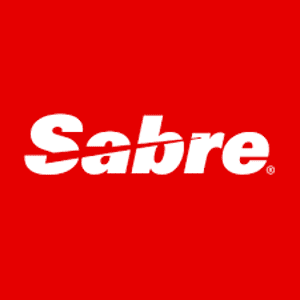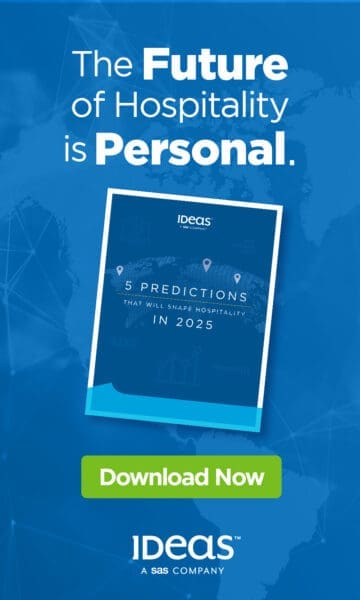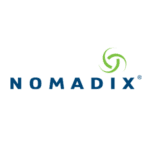 There are an ever-increasing number of third-party companies, platforms and websites that want to sell accommodation and other travel services. This rapidly changing landscape is being driven by innovators aiming to stay ahead of the curve by finding new ways to connect products and services with travelers, and much of this innovation is enabled by API (application programme interface) technology.
There are an ever-increasing number of third-party companies, platforms and websites that want to sell accommodation and other travel services. This rapidly changing landscape is being driven by innovators aiming to stay ahead of the curve by finding new ways to connect products and services with travelers, and much of this innovation is enabled by API (application programme interface) technology.
Whilst APIs have existed in some form for many years, their use-cases in hospitality are exploding, helping hoteliers to offer their guests a richer suite of services and better travel booking.
As a result of this, hotel inventory is being consumed and offered by a wider variety of B2B segments. These include financial institutions who often have big rewards programmes to drive customer loyalty, or airlines that want to offer more travel products to drive additional revenue. Likewise, membership organisations and affiliates are using APIs to take advantage of the potential made available through an integrated offering. An open API marketplace makes it much easier to distribute inventory to a wider variety of channels.
The development of the API marketplace in travel
APIs have developed significantly since their inception. In the travel industry, APIs have gone from being a back-end tool to access inventory data for partners, to one that can deliver a wide range of services from those across the travel ecosystem.
APIs, and the ways in which they are being used by hoteliers, mirrors the growth of API-driven marketplaces in other sectors, such as banking, where Banking-as-a-Service (BaaS) is a huge trend. BaaS, which is the enabler of ‘embedded finance’ allows non-banks to access services provided by banks services through API technology, providing these businesses with a much greater offering to customers than was previously possible. Areas such as Buy-Now-Pay-Later, where customers can stagger payments rather than pay an up-front cost for goods and services, has exploded as a result of this technology.
The proliferation of API use-cases for travel are growing alongside the increase in the number of B2B distribution channels. As the number of B2B distribution channels increases, so does the necessity of hotels in being able to reach them.
Benefits of APIs
It’s clear that the full potential of APIs in technology has not yet been realised, as partners continue to experiment with the benefits of a more open, integrated framework. APIs are enabling travel companies to integrate loyalty programmes and offer discounts to rooms and services. Others are embedding insurance services as add-ons to the booking experience.
Expedia Group’s new API, Rapid 3, is driving innovation for users and partners. Loyalty programme details can be shared with the hotel so that the traveller can easily earn loyalty rewards. Additionally, partners using Rapid 3 have simplified PSD2 compliance to give travellers a simple and consistent user experience, all the while ensuring payment compliance. Upgrades are seamless, meaning that businesses can access the latest features faster, and with minimal development work. It effectively gives hoteliers the ability to access new channels while maintaining consistency and control of their inventory; and businesses in myriad sectors the ability to sell travel services with a consistent, high-quality traveller experience.
APIs into the future
It’s clear that APIs will continue to offer businesses the key to a much greater suite of channels and services. The era of ‘embedded travel’ may be just around the corner.
About the author
By Karen Bolda, Senior Vice President, Product and Technology, Expedia Group


















